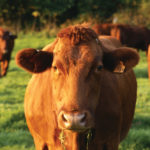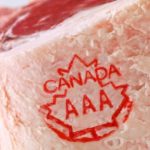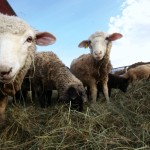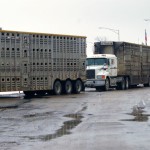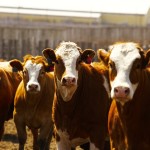An atmosphere of uncertainty hangs over the Canadian cattle industry as it awaits a possible trade war with the U.S. The newly minted U.S. President Donald Trump has repeatedly signalled his intention to either scrap or renegotiate NAFTA, which has helped make the U.S. Canada’s largest market for beef and cattle exports. A more immediate



